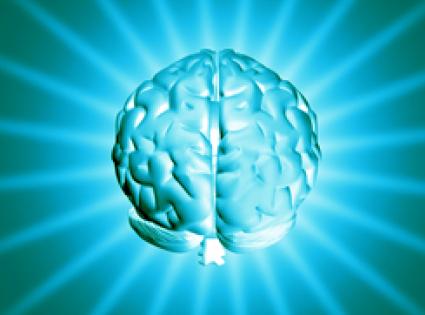Science as culture
Our culture is a scientific one, defining what is natural and what is rational. Its values can be seen in what are sought out as facts and made as artefacts, what are designed as processes and products, and what are forged as weapons and filmed as wonders. In our daily experience, power is exercised through expertise, e.g. in science, technology and medicine. Science as Culture explores how all these shape the values which contend for influence over the wider society.
Science mediates our cultural experience. It increasingly defines what it is to be a person, through genetics, medicine and information technology. Its values get embodied and naturalized in concepts, techniques, research priorities, gadgets and advertising. Many films, artworks and novels express popular concerns about these developments.
In a society where icons of progress are drawn from science, technology and medicine, they are either celebrated or demonised. Often their progress is feared as ’unnatural’, while their critics are labelled ’irrational’. Public concerns are rebuffed by ostensibly value-neutral experts and positivist polemics.
Yet the culture of science is open to study like any other culture. Cultural studies analyses the role of expertise throughout society. Many journals address the history, philosophy and social studies of science, its popularisation, and the public understanding of society.
Amidst these journals, Science as Culture is ’the only source of critique of the way science is going’, as one of our readers put it. Not simply criticism, critique analyses the underlying frameworks, assumptions and terms of reference. It emphasizes the fundamental role of values, interests, ideology and purposes -- which would otherwise remain hidden in the guise of neutrality and objectivity. Science as Culture places science within the wider debate on the values which constitute culture; it is not the journal for a particular academic discipline.







